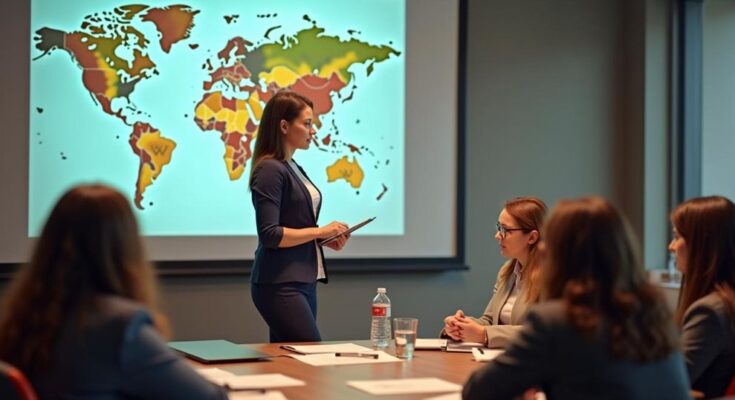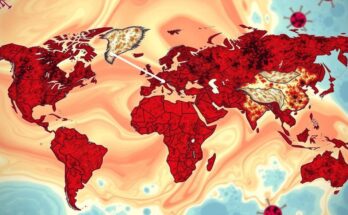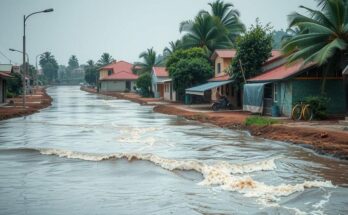The ACPC and its partners are committed to enhancing climate change knowledge in Africa through training programs. In 2016, significant initiatives were taken to train legislators and media personnel. They are now calling for applications from African women climate change media practitioners for a two-week training course aimed at empowering female leaders in climate issues.
The African Climate Policy Centre (ACPC), in collaboration with various partners, is actively working to foster knowledge and awareness regarding climate change throughout the African continent. Notably, in 2016, the ACPC organized a training of trainers (ToT) event focused on “Mainstreaming Climate Information and Services (CIS) into legislation, development policies, and plans,” which attracted participation from legislators and youth organizations across Africa. Concurrently, the Centre initiated a partnership with the UNCC: Learn Partnership to develop a self-paced online learning module on “Climate information and services,” funded under the DFID’s Weather and Climate Information Services for Africa (WISER) program. This module has facilitated climate information services training for various stakeholders, including civil society in Kenya, parliamentarians in South Africa, media in Cameroon, and agricultural experts in Senegal, with over 6,000 learners globally completing the training. Climate change reporting requires the engagement of different stakeholders and the acquisition of critical knowledge and lessons, which are essential for creating knowledge products that can be effectively disseminated within the community. The media plays a vital role in relaying this information to various constituencies affected by extreme climate events. Increased awareness among policymakers can lead to the integration of evidence-based climate policies into economic and development planning. However, across much of the continent, the lack of skills and awareness regarding climate change drivers hinders the ability to combat the effects of severe weather disturbances, such as droughts and hurricanes. In light of these challenges, the Economic Commission for Africa (ECA), together with the Pan African Climate Justice Alliance (PACJA), invites applications from African women media practitioners specializing in climate change for a two-week training course. This initiative emphasizes the importance of empowering qualified female professionals to enhance their capabilities in addressing climate-related issues.
The need for enhanced climate change awareness and reporting in Africa stems from the severe impacts of climate-related events observed across the continent. The ACPC has been a leader in training and equipping various sectors, including lawmakers and the media, to effectively address and report on climate change. The online learning initiatives are designed to bridge the knowledge gap among stakeholders, ensuring that information regarding climate services is accessible and actionable. Moreover, the representation and empowerment of women in climate change reporting are vital, given their roles in disseminating critical information and fostering community resilience against climate challenges.
In conclusion, the ACPC’s ongoing efforts to promote climate change awareness through training initiatives highlight the crucial role of media practitioners, particularly women, in communicating climate issues. With the call for applications for the upcoming training course, there exists an opportunity for African women in media to enhance their skills and contribute significantly to climate change reporting, thereby influencing policy and community resilience against extreme climate events.
Original Source: www.uneca.org




